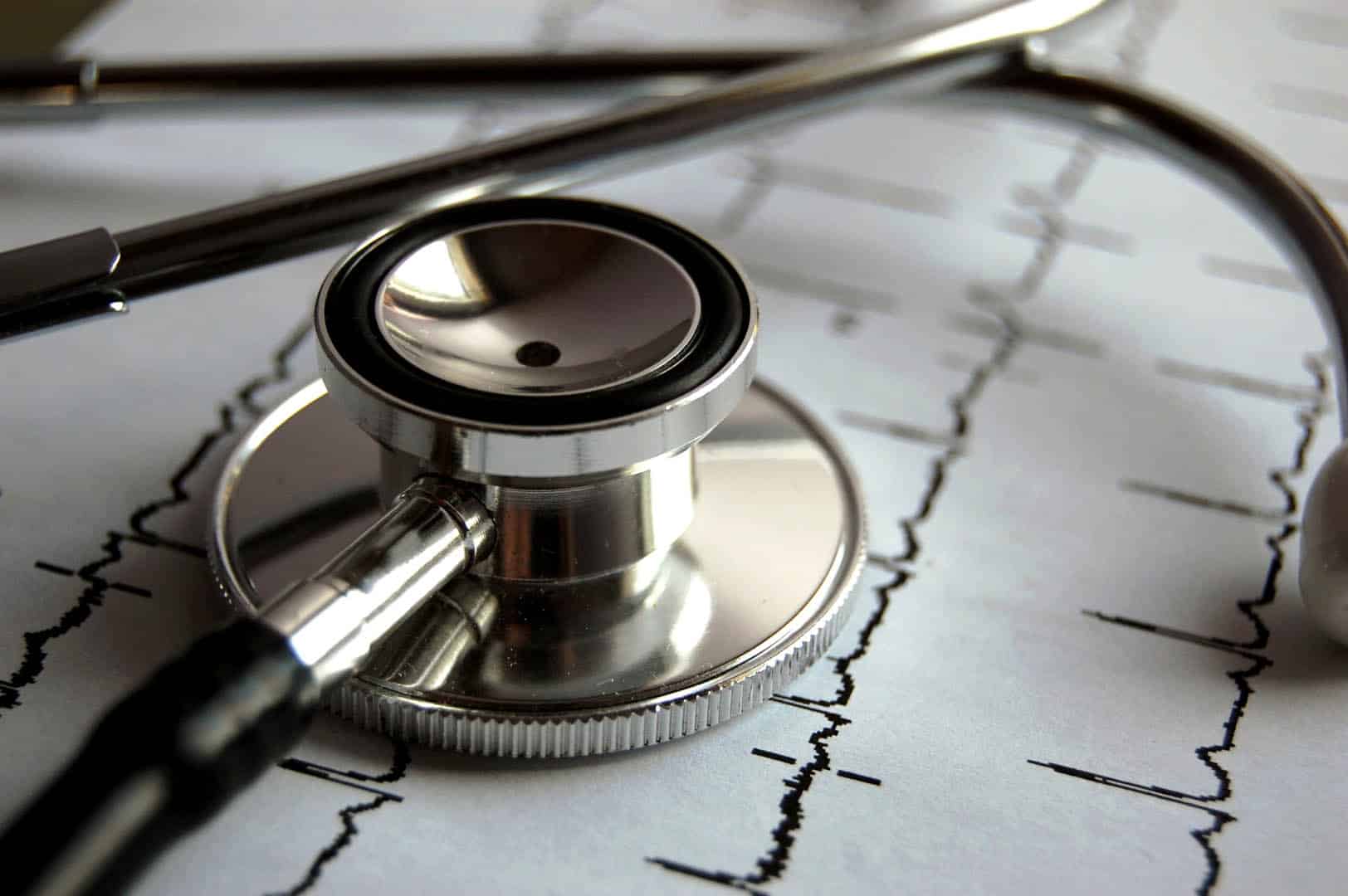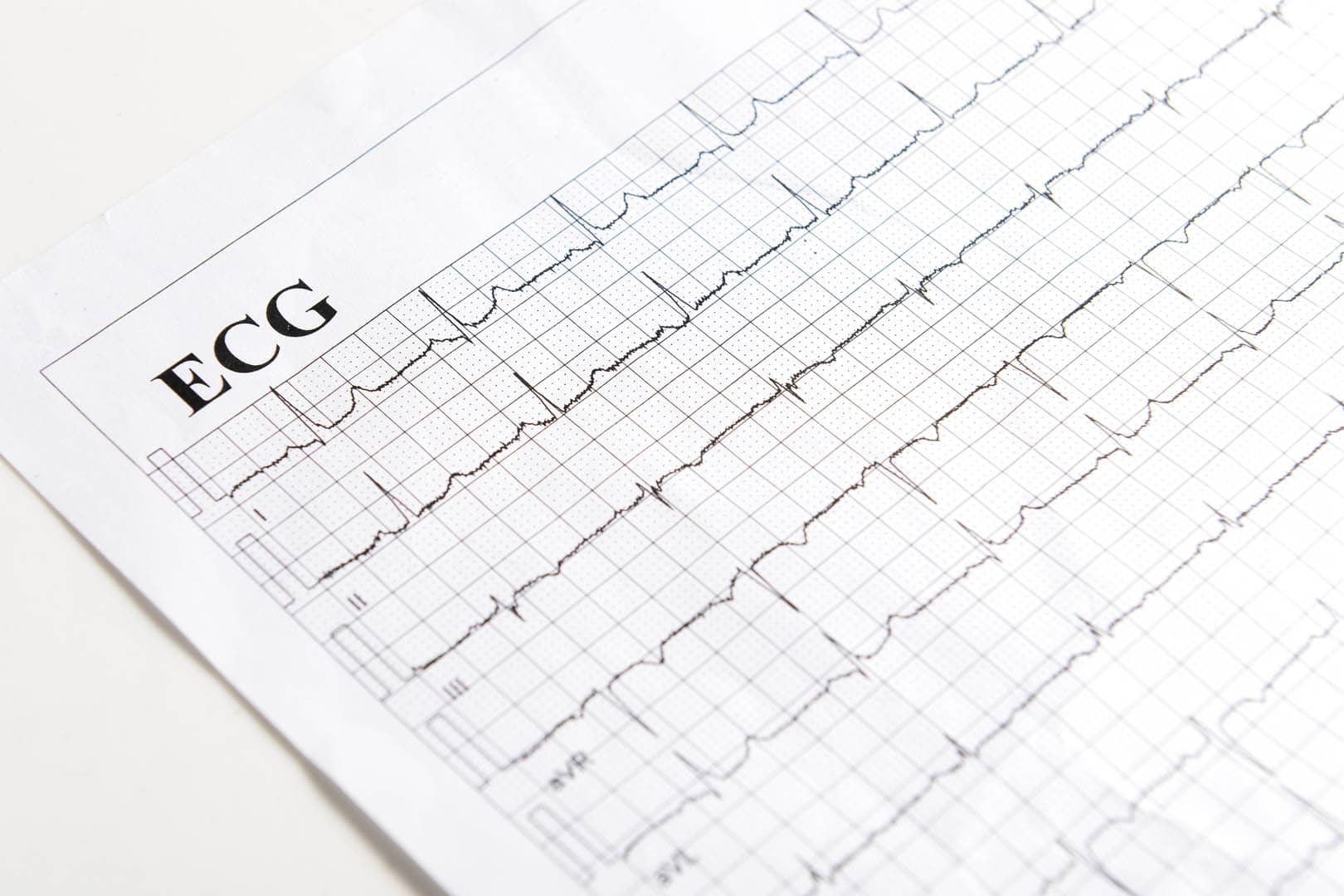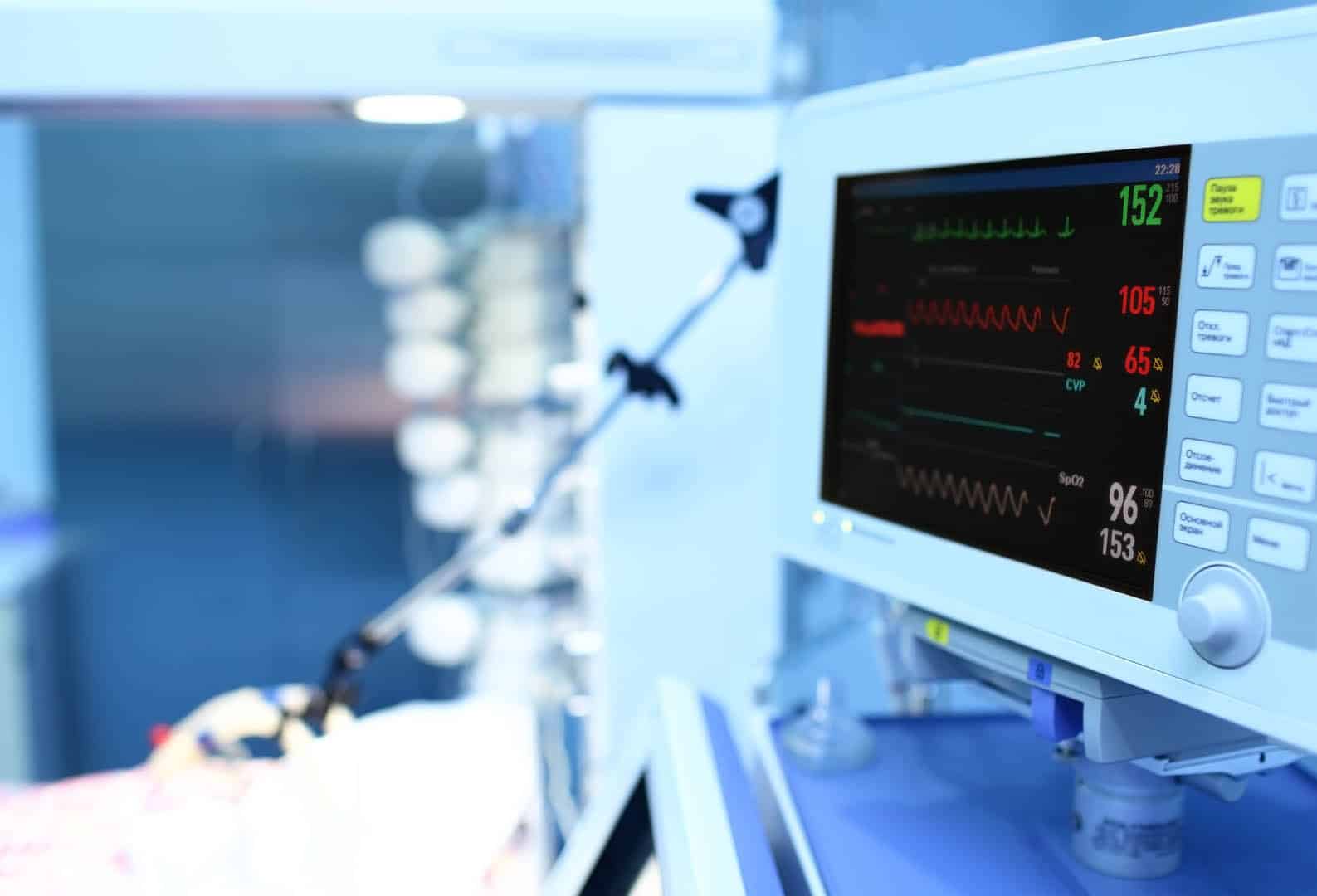ECG Test – 12 Lead ECG
An ECG Test (or EKG) is an electrical recording of the heart, undertaken as a standard part of your initial private cardiology appointment, if not already performed by your GP.
heart evaluation
A 12-lead ECG (electrocardiogram) forms part of the evaluation of your heart’s health and is commonly used to screen individuals for cardiac conditions. The electrocardiogram measures the electrical activity within your heart from different places in your chest, which allows a cardiologist to assess your heart’s rhythm. In addition, a cardiologist is able to look for abnormal changes within the electrical waves measured as indicators of cardiac conditions, such as problems with the sizes of the chambers within your heart, your heart’s blood supply, your risk of a heart rhythm disturbance in the future or irritation of the sac which covers the outer surface of your heart (pericardium).
Who needs an ECG?
All people seeing a cardiologist should have an ECG as part of their initial cardiology assessment in the private clinic. If you have previously undergone a 12 lead ECG and you have a copy, it is helpful to bring this to your clinic consultation, so that a comparison can be made with your up-to-date ECG. If there have been changes in your ECG over time, this is can be an indicator of underlying cardiac conditions requiring treatment.
You You may need an ECG if you experience symptoms such:
- Chest pain
- Dizziness
- Lightheadedness
- Heart palpitations
- Rapid pulse
- Shortness of breath
Preparing for your electrocardiogram test
To perform an ECG, stickers are placed directly on the skin of your chest, which are then connected via leads to an ECG machine. This measures the electrical activity within your heart. Each lead is able to provide an assessment of your heart from a different part of your chest and together these provide and overall evaluation of your heart’s health. This is a non-invasive and painless investigation, which can be completed in only 5-10 minutes.
If needed, hair from your chest will be removed to enable optimal contact between the ECG stickers and your skin. We ask that you do not use moisturiser on your chest on the day of the test to also help facilitate optimal contact between the ECG stickers and your skin, though no other preparation by the patient is required
Patient Results and Treatment Information
As a private cardiology patient, the results of your ECG will be shared with you by Dr Jordan immediately afterwards. If further testing of your heart or treatment is needed as a consequence of your ECG findings, this will be discussed with you. Ongoing treatment by a cardiologist can be agreed as an NHS or private patient, as indicated, depending on your circumstances.
Why choose our private ECG Tests?
Choosing private ECG tests allow you to select a mutually agreed time and date for your test and ensures that the ECG can be performed by Dr Jordan himself. This also enables you to receive your private ECG results directly afterwards from Dr Jordan, including exploring the next steps in your cardiology care if needed. If you are scheduled to undergo an ECG with the NHS, the waiting time is likely to be significantly reduced by choosing to undergo your ECG as a private cardiology patient, offering timely peace of mind.
Frequently Asked Questions
How long does an ECG test take?
A 12-lead ECG takes approximately 5-10 minutes to complete.
How long does it take to get ECG results?
Results for an ECG test are available immediately, if undertaken by Dr Jordan.
Why is the ECG test done?
ECGs are able to diagnose heart rhythm problems, though changes within the heart tracing are also able to indicate if there are other problems with your heart’s structure or function.
Can I eat before an ECG?
There is no need to refrain from eating or drinking before a standard ECG.
What happens after an ECG test?
If undertaken by Dr Jordan, your results will be discussed immediately afterwards.
How is an ECG done on women?
Standard lead positioning dictates how the leads for an ECG are placed on women, as well as men. A bare chest is needed to facilitate this but a gown or sheet will be available to ensure you feel comfortable.
What is an ECG?
An ECG, or electrocardiogram, is a heart-activity radar that captures the electric symphony of each heartbeat, visualizing it as a graph to diagnose potential cardiac conundrums.
ECG meaning
ECG signifies Electrocardiogram, a medical maestro conducting a heart performance analysis, unveiling the electric beats that orchestrate our life-pumping rhythm.
How long do ECG results take
The time ECG results take to emerge dances between mere minutes for instant interpretations and a few days for comprehensive cardiac choreographies, depending on the practitioner’s expertise and context.
You may be interested in reading: Atrial Flutter: Causes, Symptoms, Diagnosis and Treatment


